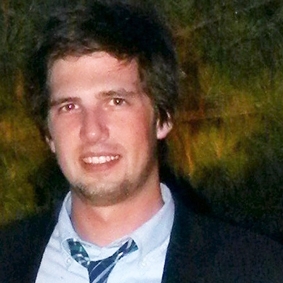Knauss legislative fellowships in Congress help build careers — and they're fun and educational. See our video and fact sheet for details.
Seth Sykora-Bodie

The Maryland Sea Grant Bookstore is closed for the winter holidays from Monday, December 15th to Friday, January 5th and will not be taking orders during that time.
